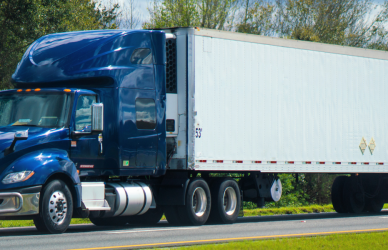Several trade associations and other branches of the transportation industry have reached out to Congress, urging them to help prevent a railway strike amid labor negotiations between rail unions and freight railways. The most recent group to send a letter to Congress asking them to immediately act if a railway strike is possible was the National Grain and Feed Association.
The association, along with 192 members of the Agricultural Transportation Working Group, sent a letter to the majority and minority leaders of Congress on Nov. 3.
“On behalf of our collective food and agricultural memberships, we write to urge swift action to avert a rail strike or lockout that would lead to shutdowns or slowdowns of rail-dependent facilities resulting in devastating consequences to our national and global food security,” the group wrote.
The Presidential Emergency Board (PEB), a three-member group appointed by President Biden to aid contact between the rail unions and freight railways, was also mentioned in the Nov. 3 letter. The PEB had created recommendations for labor agreement details that accounted for both sides, the letter reminded Congress.
So far, six unions have approved proposed labor agreements, four have yet to submit approval or rejection, and two unions have rejected the agreements and are once again attempting to reach an agreement. These two unions are the Brotherhood of Railroad Signalman and the Brotherhood of Maintenance of Way Employees Division.
Concern and apprehension over a possible strike is only increased by the reality that labor negotiations first began in June 2020 and still, agreements have not been reached.
The letter sent by the agricultural groups also included that the National Railway Labor Conference said that congressional intervention would be imperative if an agreement can’t be reached. Not reaching an agreement pushes the unions closer to striking.
“A strike or lockout combined with existing challenges in the rail system, at our ports, with trucking and with record low water levels on the Mississippi River impacting numerous barge shipments would be catastrophic for the agricultural and broader U.S. economies. Congress must act to prevent this from occurring if the parties cannot reach agreement,” the group wrote.
Nov. 19 is the earliest possible date for a strike, according to the letter.











